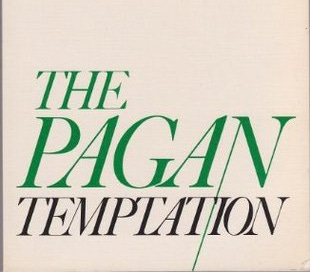Original Review of The Pagan Temptation
Re-post of a book review I made in 2010 of Thomas Molnar's classic, Pagan Temptation in preparation for a new review of the book in 2020
In August of 2010 I posted a book review of the Pagan Temptation on Good Reads: https://www.goodreads.com/review/show/115890432
That review was a revised version of one I posted on a blog that has long disappeared. So I'm not sure when I first decided to review the book, probably around 2000. I had read the book originally in 1988.
I've been listening to …
Keep reading with a 7-day free trial
Subscribe to Still in the Stream to keep reading this post and get 7 days of free access to the full post archives.


